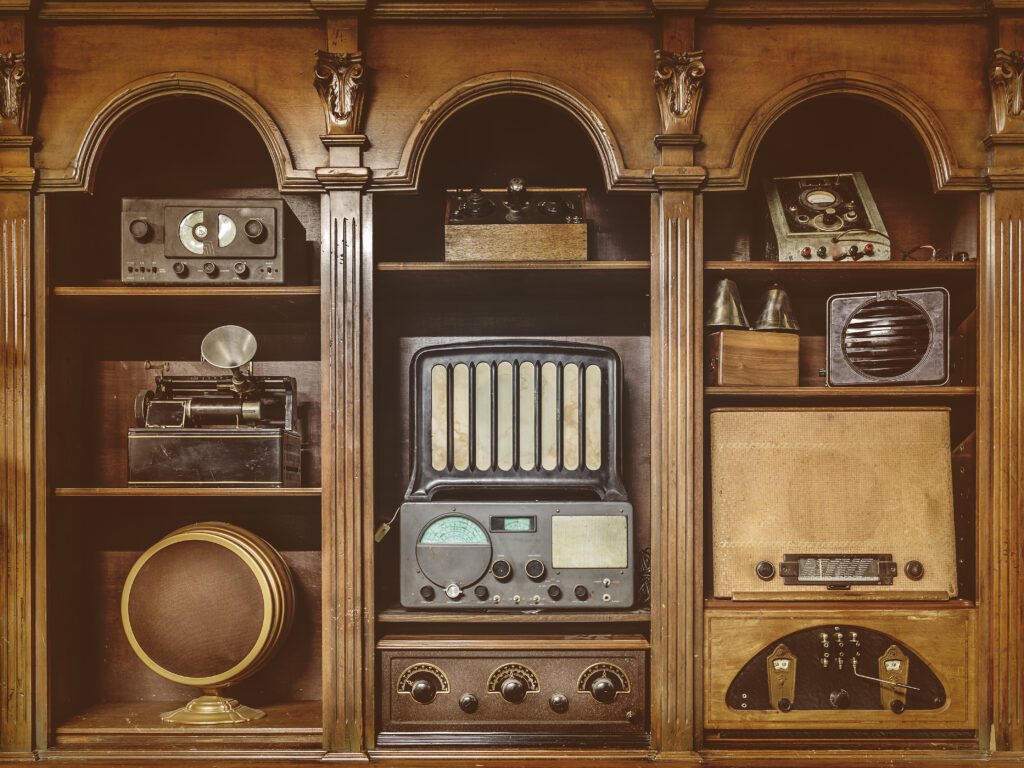Ask Brian is a weekly column by Real Estate Expert Brian Kline. If you have questions on real estate investing, DIY, home buying/selling, or other housing inquiries please email your questions to [email protected].
Question from Sarah in PA: Hi Brian, We moved into our home a little over six months ago. We bought it from an older woman that was retiring to Florida. Everything in the deal went perfectly fine until a couple of weeks ago. The son of the woman that we bought the house from phoned us. He says that he just learned from his mother that she forgot to have an antique cabinet-style radio sent to storage. It’s a 1938 upright Zenith. We found it in the attic a few days after moving in but haven’t given it much thought because we’ve been busy with work, kids, and getting settled in our home. I looked it up on eBay where similar radios are selling for about $600. We haven’t done anything with it, but we do like it. Sometime in the future, we think we might have a use for it in the study or living room. Right now, we don’t want the hassles and cost of dragging it down from the attic and shipping it to storage for the son. What are we obligated to do?
Answer: Hello Grace. This can be a little tricky, but I think you have the right to do whatever you want with the antique radio. State laws differ and I’m not an attorney, so I’m only going to cover some broad principles as they apply to real estate and personal property. Let’s start with a brief definition of the differences between “personal property” and “real estate.” When you bought the house, you bought real estate. The antique radio in the attic is personal property. Real property includes land plus the buildings and fixtures permanently attached to it. Personal property is property that is not permanently affixed to land (e.g., furniture, tools, computers, antique radios, etc.).
That is not to say that personal property cannot be part of the deal when you buy a house. Lots of home purchases include personal property. Appliances like stoves and refrigerators are the most common. But people have gotten into disputes about other things like a valuable chandelier in the dining room that was removed and replaced with a cheap knock-off. That’s the type of situation that can make personal property in real estate transactions tricky.
Generally, the best way this is handled is for any personal property that will be part of the real estate transaction to be listed in the purchase agreement. Along with listing it in the agreement, take detailed photos to show the condition of the personal property and even serial numbers if applicable. In some cases, it can be appropriate to include a separate bill of sale for personal property.
You should always do a final walkthrough of the house a day or two before the final closing. This is when you make sure that everything that is supposed to remain with the house has been. It’s also when you make sure a valuable chandelier hasn’t been swapped for a cheap imitation. This works both ways. Along with anything that you want to be included in the real estate purchase, list and photograph anything that you want to be removed from the house, such as old paint cans in the garage.
Sarah, now we get to the tricky part about your situation. There was never a mention of the antique radio in your real estate transaction. This probably falls under “abandoned property” (although state laws may vary). Abandoned property is personal property left by the original owner who has intentionally given up rights to control it. When the property is intentionally abandoned, it belongs to no one until it is found. When it is found, the ownership transfers to whoever finds it and possesses it with the intent to take ownership. I think this applies to your situation. In fact, the son is the one that contacted you, and he isn’t even the original owner.
Again, I’m not an attorney but generally, when sellers don’t collect all their possessions before the closing, the law views it as the new homeowner also becomes the owner of abandoned personal property after the closing date. There could exceptions if something is written into the purchase agreement. Otherwise, the previous owner would be trespassing if they entered the house to collect the abandoned property. So, legally the power lies with the buyer in this situation.
Sarah, regarding the abandoned antique radio, I think the ball is clearly in your court. You probably don’t have to do anything at all. However, it would probably be appropriate if you politely let the son know that you have plans for the radio and will keep it as part of the house sale. You certainly don’t have any obligation to drag it down from the attic and ship it to storage for the son. If he doesn’t like your response, a real estate attorney will be able to advise you about the laws in your area that are specific to your situation.
Please leave a comment if you have a better idea about what Sarah should do.
Our weekly Ask Brian column welcomes questions from readers of all experience levels with residential real estate. Please email your questions or inquiries to [email protected].
